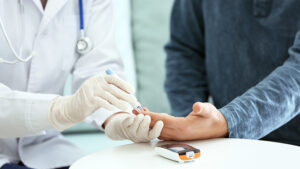
In the winter of 2025, Vertex Pharmaceuticals presented the results of the first large-scale study (phase I/II) of zimislecel (formerly VX-880), a stem cell-based drug. This experimental treatment aims to restore the cells of the islets of Langerhans in the liver of patients.
The trial involved 14 patients with severe type 1 diabetes and hypoglycemia detection disorders. All participants received a single infusion of zimislecel into the hepatic vein and initial immunosuppressive therapy without glucocorticoids. According to data from one year, 10 out of 12 completely stopped insulin injections, becoming insulin-independent, while the remaining two patients reduced their insulin dose by 92% on average. All participants normalized their HbA1c levels (<7%) and spent more than 70% of their time in the glycemic range of 70-180 mg/dL.
Side effects:
• Neutropenia was observed in 3 patients;
• Two fatalities were recorded: one from cryptococcal meningitis (off-protocol), the other from severe cognitive pathology unrelated to treatment.
The discontinuation of insulin therapy in 83% of participants is a very significant achievement, indicating the possibility of restoring endogenous insulin secretion. The American Diabetes Association (ADA) called the data “unprecedented” after three stages of presentation at the ADA-2025 conference in Chicago.
However, it should be noted that the study was small (12–14 participants) and short (12 months); large-scale control experience is needed. Data on long-term efficacy, safety, and commercial affordability are not yet known.
Phase III has now begun, with approximately 50 patients expected to participate. The next results are expected at the end of the year, after which the FDA application process will begin.
The drug is positioned as a breakthrough “functional remission” for a group of patients with severe diabetes and a tendency to hypoglycemic events. If its effectiveness is fully confirmed, it will be a global revolution in the treatment of type 1 diabetes.

Private healthcare facilities are ready to work under the Medical Guarantee Program (MGP) and propose to revise approaches to the formation of certain packages for the MGP, which will reduce the cost of medical services and optimize budget expenditures.
This was stated by members of the Association of Private Medical Institutions (APMI) at a press conference at Interfax-Ukraine on Thursday.
Mykola Skavronsky, deputy director general of the Cinevo medical laboratory, noted that the laboratory has not stopped working since the beginning of the war, despite the fact that in 2022 Cinevo lost more than 30 branches in different regions.
“It’s quite a shame to see that recovery programs exist only for state or municipal medicine. This completely ignores the fact that private medicine also suffered from the war. But, unlike the state and municipal ones, all private providers are recovering and continue to work with their own or credit funds, not with budget funds and without assistance,” he said.
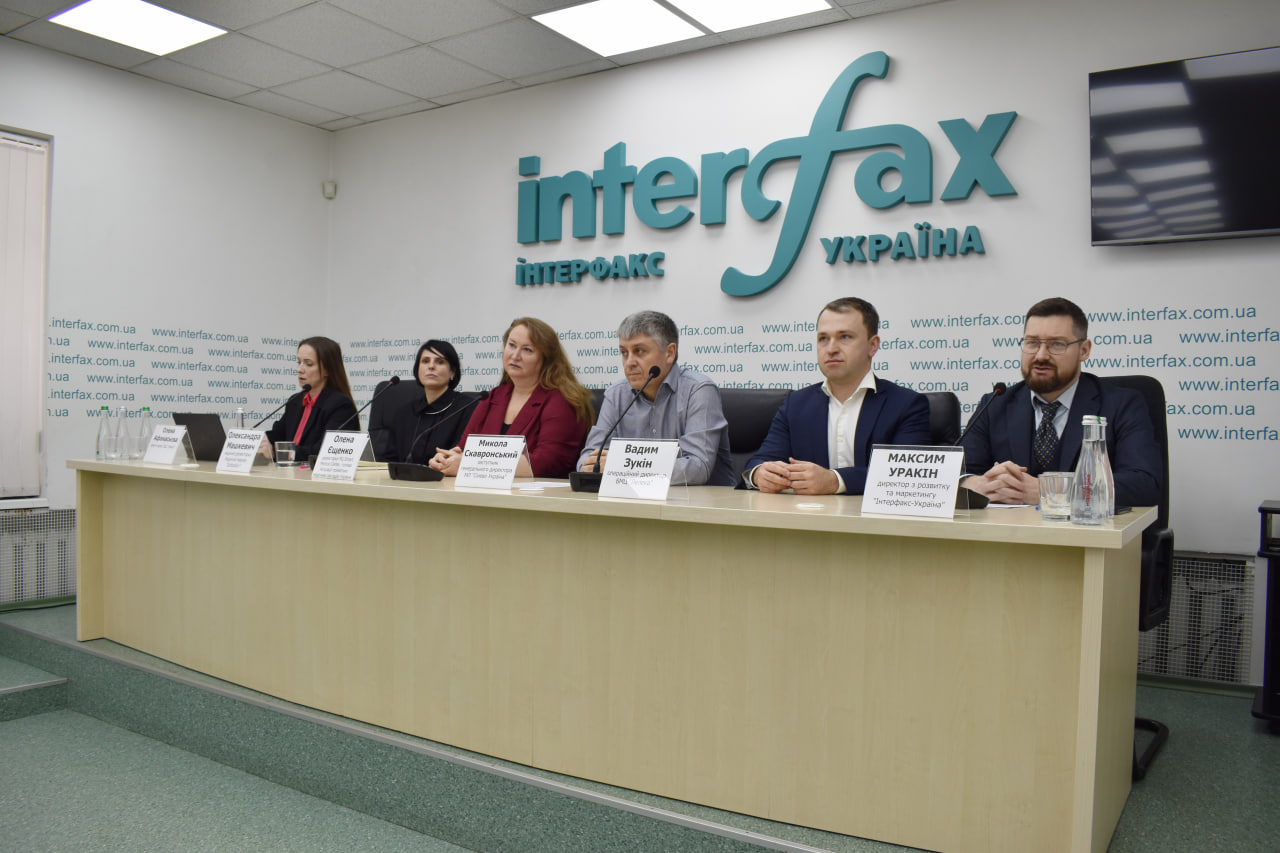
Commenting on the first experience of Cinevo’s cooperation with the NHSU in 2024, Skavronsky noted that the laboratory’s entry into the PMG “became a kind of spotlight that highlighted the situation with the laboratory industry in Ukraine as a whole.”
“I can say that the state does not know and does not understand the real need of doctors and patients for laboratory diagnostics. Now it is believed that laboratory diagnostics are needed as much as they are ordered, not as much as they are needed. Cinevo’s cooperation with the NHSU has revealed the fact that there is simply a huge unrealized demand for laboratory diagnostics in Ukraine, in March last year alone, we performed almost 730 thousand tests for 72 thousand people, and we saw that of these people who came to us for PMG, two-thirds were new people,” he said.
Skavronsky noted that at basic prices, Cinevo performed tests for about UAH 528 million, at prices, the cost of tests was about UAH 200 million, while the NHSU paid UAH 44 million for them.
“We asked the NHSU to create a laboratory package that would be transparent and clear, where it would be clear what tests and, most importantly, which doctors can prescribe them and in what quantity. Because it turned out that there were no restrictions at all, doctors prescribed tests that should not have been prescribed. It is not the laboratory that should decide what to do and what not to do, there should be a system that simply does not allow prescribing something wrong,” he said.
According to Skavronsky, one of the most popular tests funded by the budget in 2024 was vitamin D tests, of which the laboratory performed about 100 thousand.
“I don’t think Ukraine is such a rich country to cover vitamin D tests in such volumes at the expense of taxpayers. But doctors prescribe them. Why doctors prescribe them is a bigger question for doctors and pharmaceutical companies,” he emphasized.
Skavronsky also emphasized that the implementation of the proposals developed by the laboratory allowed “not only not to increase the tariff, but even to reduce it.”
“As a private laboratory, we would be ready to work with tariffs that are 15% lower, but subject to clear criteria. In recent years, we have heard that money follows the patient, but over the past year, especially in the first quarter, we have seen that money does not follow the patient,” he said.
For his part, Vadym Zukin, Chief Operating Officer of the Leleka Multidisciplinary Medical Center, reminded that Leleka is the only medical center in Ukraine that has international JCI accreditation, and the clinic received its latest confirmation at the end of 2024.
“Literally two months before the full-scale invasion began, the Minister of Health and his deputy came to us and we discussed how these standards could be implemented for other market players. But now it seems that the state is sailing its own ship, and we are trying to catch up with the Ministry of Health and convince it of something,” he explained the situation.
Zukin emphasized that “the state should realize that it is more profitable for it to become a purchaser of medical services rather than a provider and not to invest in fixed assets, since private companies already have these funds.”
He also suggested that the NHSU should enter into longer-term contracts for participation in the PMG.
“Currently, certain PMG packages will have three-year contracts, which is better than one year, but it means nothing, because in Europe and the US they think in terms of seven years, 10 years, 15 years,” he said.
Zukin believes that “now the reform has started to move a little bit in the opposite direction from the notion that money follows patients, and I would like to bring it back in the right direction.”
For her part, Oleksandra Mashkevych, medical director of the Dobrobut medical network, noted that the network is a major taxpayer, employing 3,000 people, including 1,300 doctors. At the same time, 131 employees have been mobilized from Dobrobut and the clinic continues to pay their salaries.
“We are recognized by the Ministry of Health as critical infrastructure. In 2024, we invested almost UAH 0.5 billion in our development, most of which was spent on our energy efficiency. I would like to note that investments in energy efficiency in state and municipal institutions are not made at their own expense, but at the expense of the state or donors or sponsors. We do it on our own,” she said.
At the same time, Mashkevych emphasized that Dobrobut’s cooperation with the NHSU is “quite interesting.” In particular, the clinic has been contracted for a package of assisted reproductive technologies, under which 300 patients have completed treatment cycles and almost 45% of women have already confirmed pregnancy status.
“The tariff for this service was too low for us, we worked in the red, realizing that we were lending a hand to the state, in fact, we gave the state the opportunity to use our facilities to provide free medical services. We had long rounds of negotiations with the NHSU, the Ministry of Health, and the Ministry of Finance, and they heard us and increased the tariff. This tariff does not cover all our expenses, but we continue to work with it,” she said.
Commenting on the plans to work with the NHSU, Mashkevich noted that Dobrobut plans to expand its participation in the UHI-2025 and is waiting for the NHSU’s decision on contracting for new packages.
At the same time, Mashkevych called it a positive decision to allow private institutions to use the state unified portal of medical vacancies launched by the Ministry of Health.
The press conference was organized by the Interfax-Ukraine agency and the Association of Private Medical Institutions.
Afanasieva, Bereznitsky, CLINIC, MASHKEVYCH, MEDICINE, Ministry of Health, Skavronsky, URAKIN, Yeshchenko, Гавриченко, Зукін
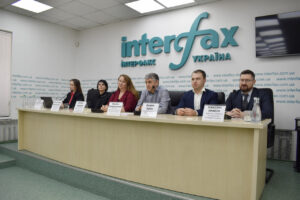
The Ministry of Health continues to impede the entry of private clinics into the medical guarantees program and creates discriminatory conditions for their participation in the single medical space.
This opinion was expressed by members of the Association of Private Medical Institutions (APMI) at a press conference organized jointly with Interfax-Ukraine on Thursday.
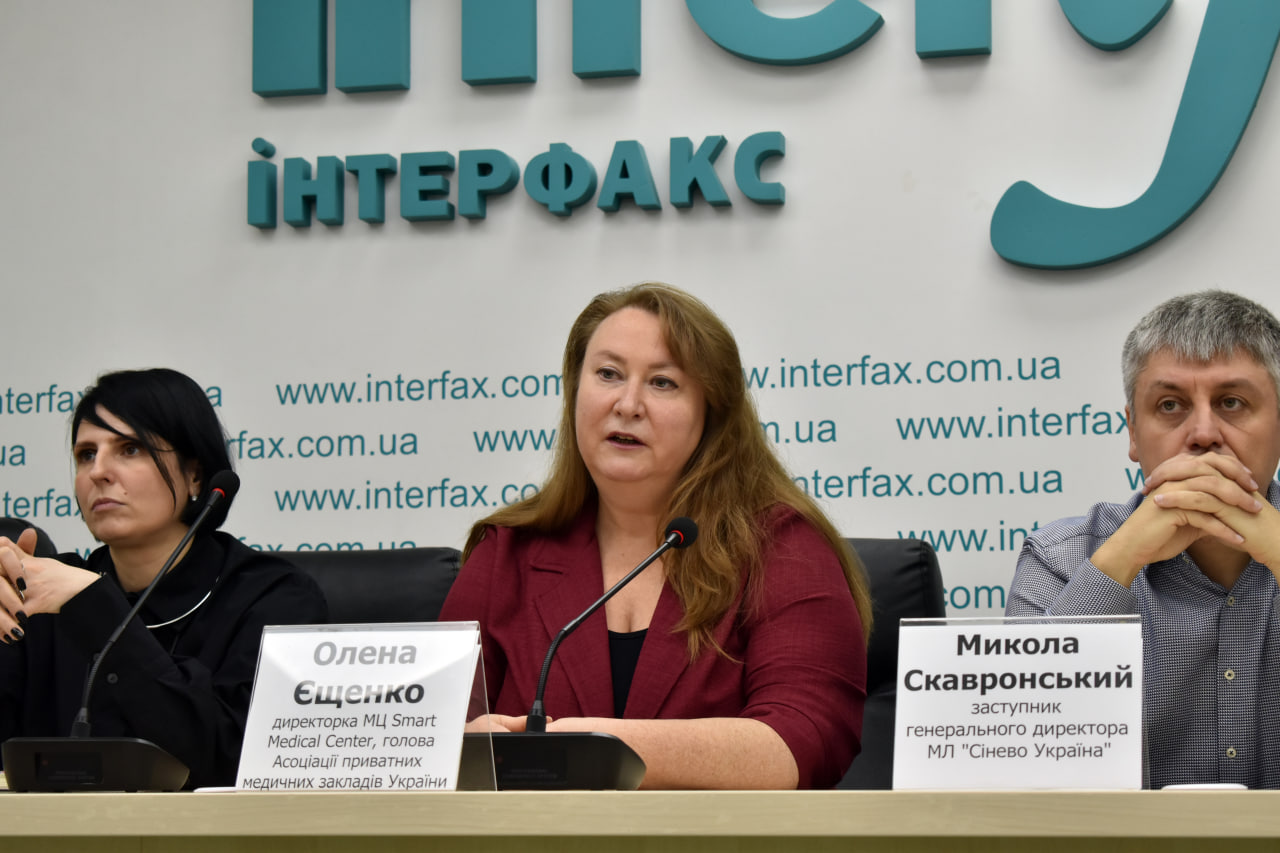
“We have tried many times to reach a dialogue with the relevant ministry, but, unfortunately, we have been ignored in all formats – official, unofficial, absolutely in all. Therefore, we were forced to send an open letter. It is unfortunate that the Ministry of Health demonstrates its intention to continue ignoring us and our problems. This is evidenced, in particular, by the regulatory documents approved after our appeal,” said Olena Yeshchenko, director of Smart Medical Septeg, chairman of the APMZ.
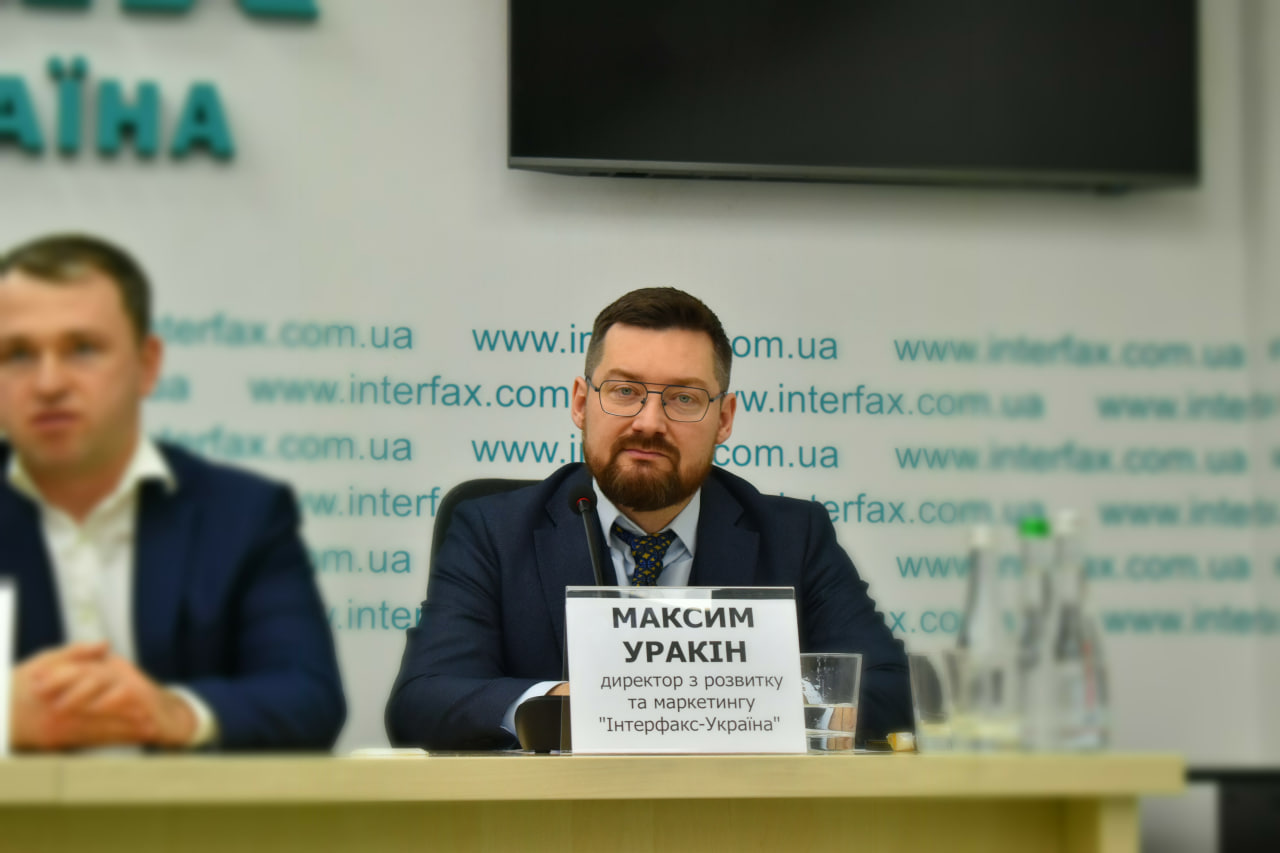
She explained that the regulations put private clinics in a non-competitive position with state or municipal healthcare facilities. “They create artificial obstacles aimed at removing large private providers, healthcare providers from the system, which ultimately leads to unnecessary spending of public funds and their misuse,” she said.
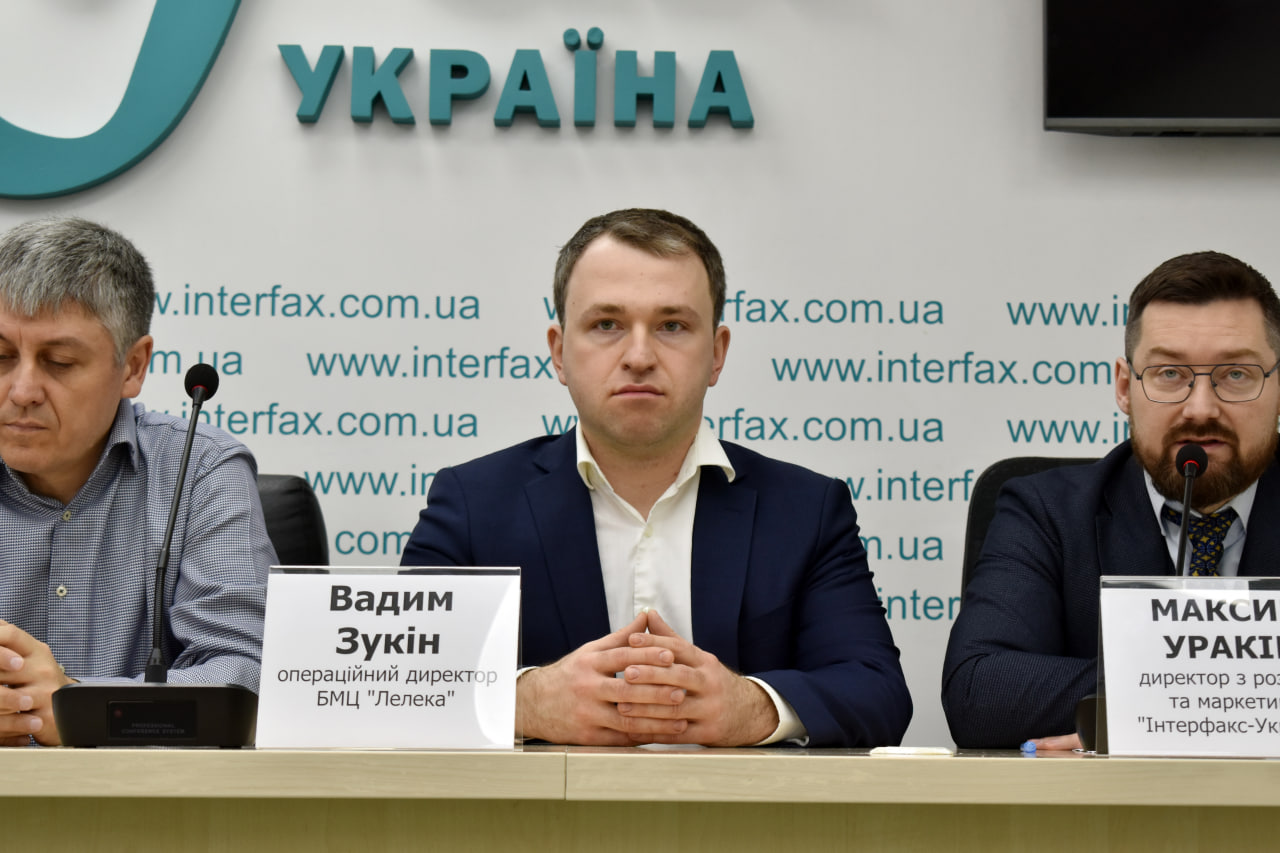
According to Ms. Yeshchenko, these are the requirements of the Primary Healthcare Program 2025, which relate, in particular, to the requirements for laboratory tests, as well as the introduction of reduction coefficients for private clinics when paying for medical services provided under the Primary Healthcare Program, as well as requirements that make it impossible to include private institutions in a capable network, etc.
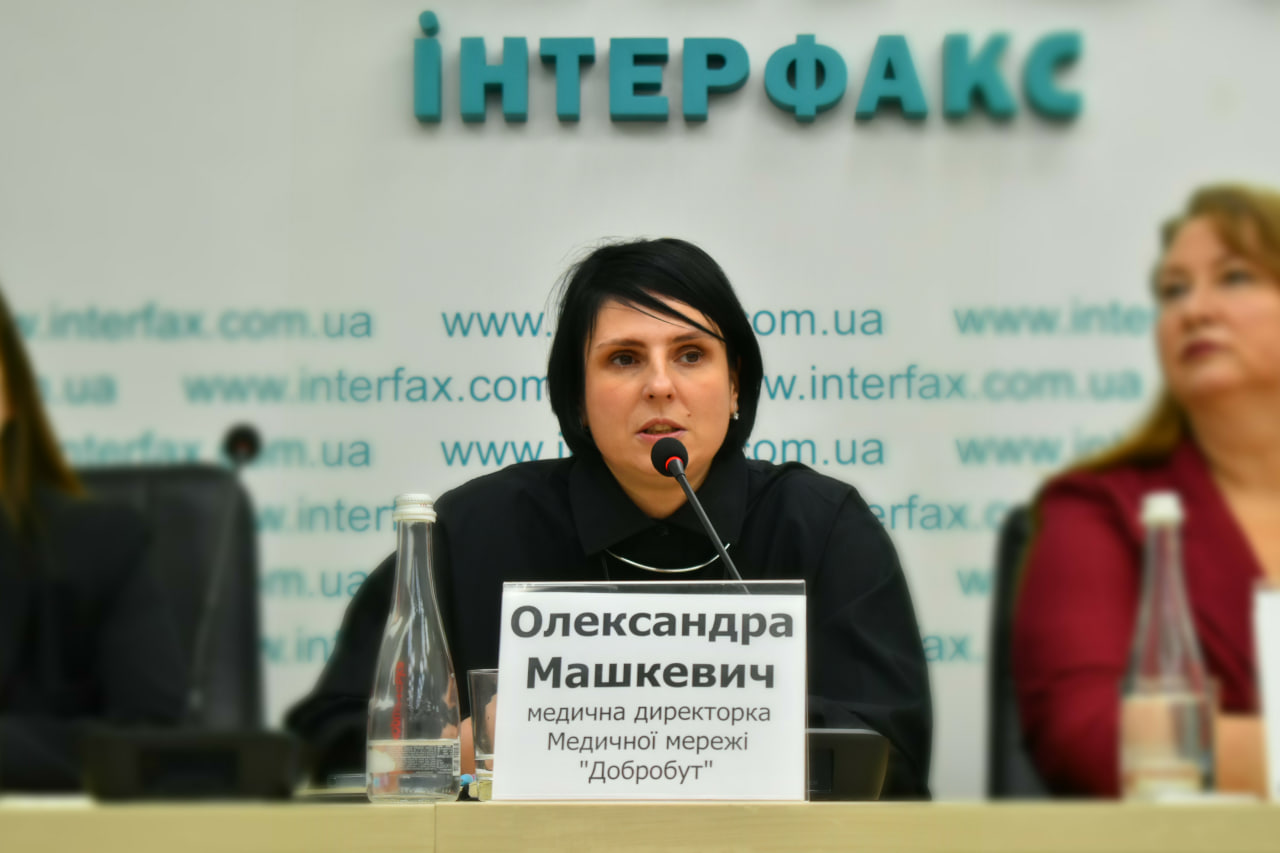
She emphasized that the issue of booking medical staff is becoming especially relevant for private clinics. “We are talking about a number of very serious discriminatory issues, for example, when it comes to booking medical staff. Even after our appeal, the government approved a 100% quota for booking medical staff for state and municipal institutions, but this is not provided for private institutions, although many private clinics continue to operate and provide medical care to the military and the wounded at their own expense,” she said.
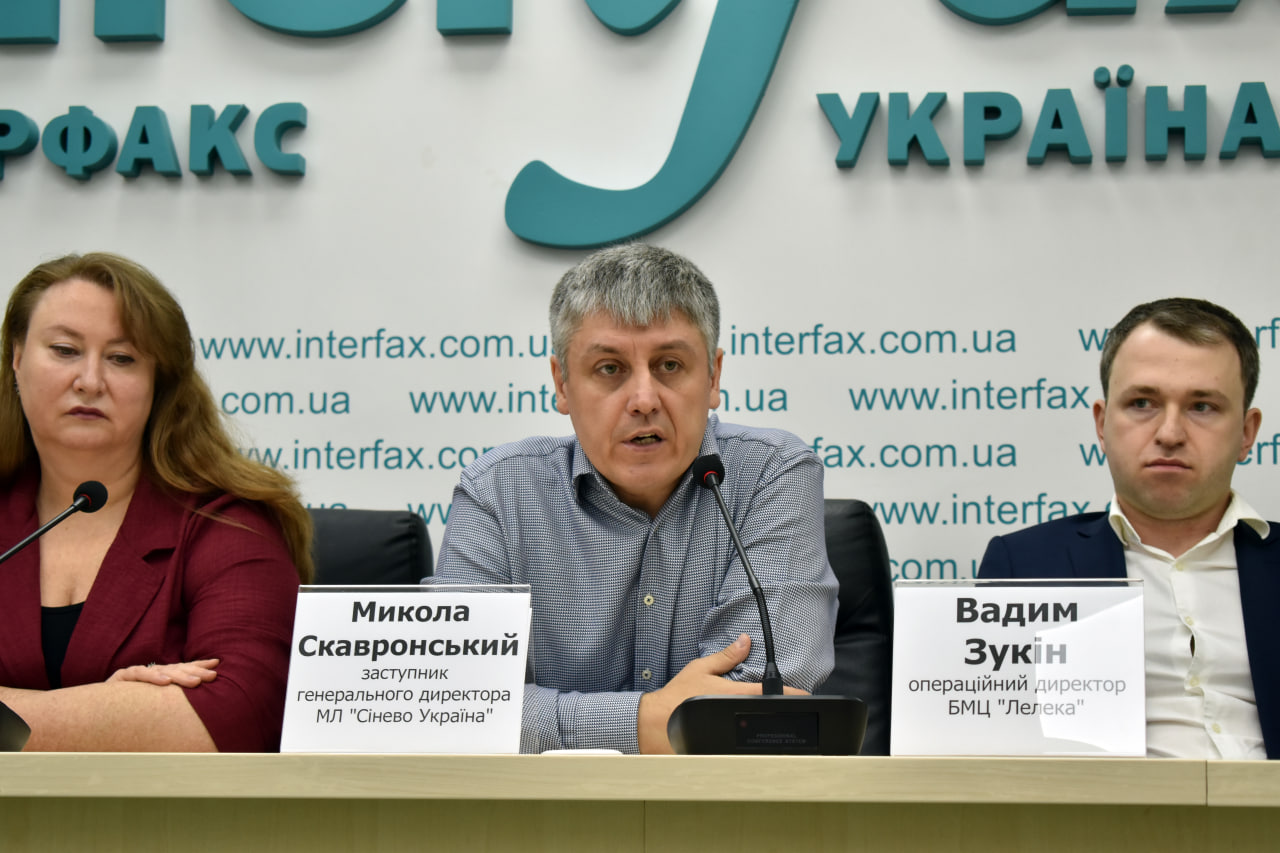
“Thus, in our opinion, a rather corrupt component is being implemented, which contributes to the outflow of medical workers from private medicine to state and municipal institutions,” emphasized Yeshchenko.
According to her, there is currently a problem of communication on this issue between the Ministry of Economy and the Ministry of Health. “In fact, the two ministries are trying to play football with each other,” she said.
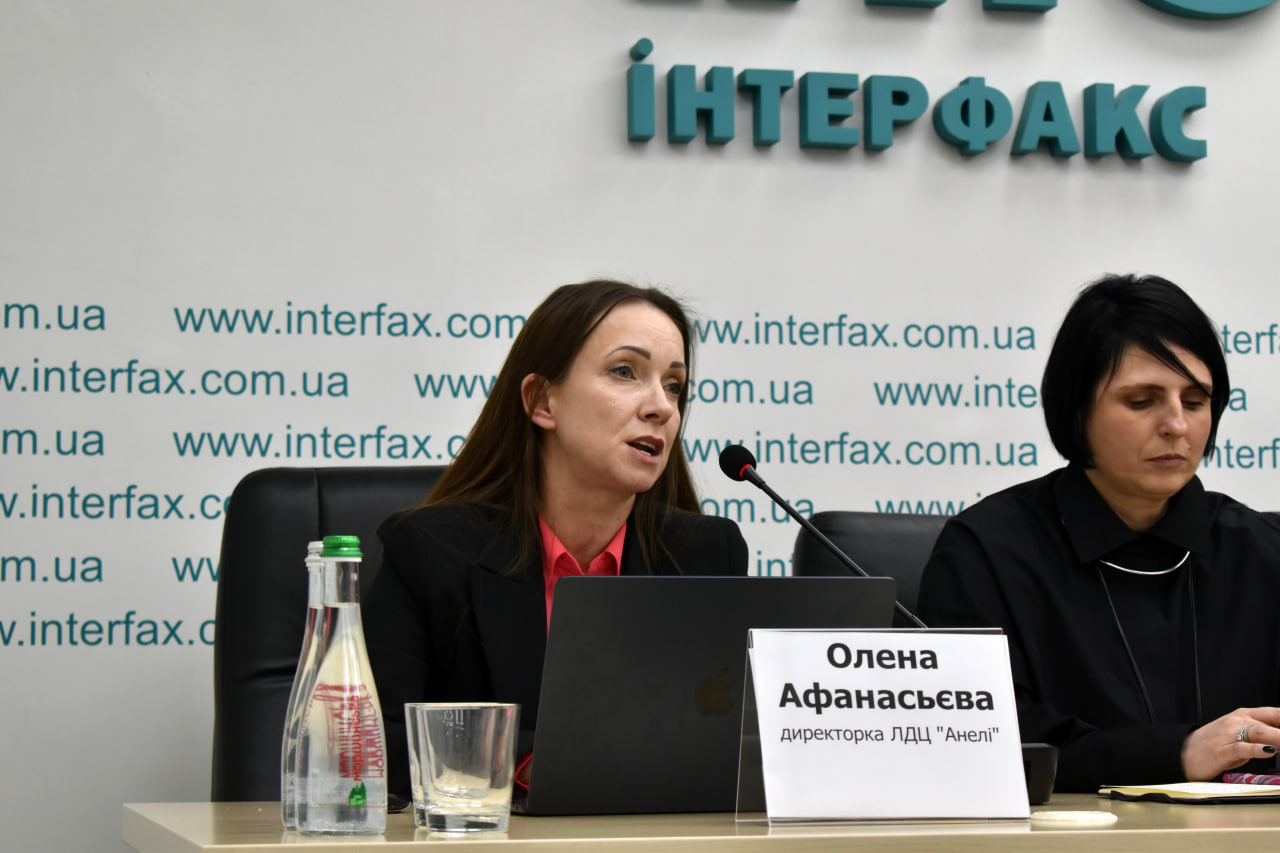
For her part, Oleksandra Mashkevych, medical director of Dobrobut Medical Network, noted that Dobrobut, which is included in the list of critical infrastructure facilities, is also deprived of the possibility of booking.
“Dobrobut Medical Network is a critical infrastructure facility. As far as I know, there are only 11 healthcare facilities classified as critical infrastructure facilities. And I have a question: why we are not included in the resolution on booking 100% of doctors. We will honestly say that our healthcare workers are likely to move to state-owned and municipal facilities, because there is an opportunity to book there,” she said.
As reported, at the end of December last year, the APMH in an open letter to government agencies stated that the Ministry of Health violates the rights of citizens and prevents private institutions from entering the single medical space and the PMG.
Bereznitsky, CLINIC, Havrychenko, MEDICINE, Ministry of Health, Skavronsky, URAKIN, Yeshchenko, Афанасьєва, Зукін, МАШКЕВИЧ
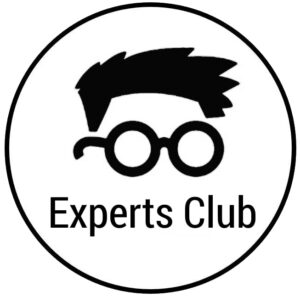
About 7.7% of Ukrainians use the services of private medical laboratories five to 10 times a year, while 32.7% of Ukrainians use private laboratories less than five times a year.
This is according to a study conducted by the sociological company Active Group together with the Experts Club think tank.
According to the study, 34.8% of respondents visit private laboratories less than once a year, while 22.5% of Ukrainians do not visit them at all.
The top 10 most visited laboratories in Ukraine over the past two years include Synevo, which was visited by 39.5% of respondents, Dila (15.5%), Aesculab (9.3%), Invivo (6.1%), DniproLab (4.8%), Median (2.5%), Medlab (4.5%), DNA Laboratory (2.3%), Unimed (2.3%), and Nova Diagnostika (2%).
At the same time, 51.4% of respondents did not visit private medical laboratories at all.
When asked what aspects of private laboratories need to be improved, 69.8% of respondents said that it was the cost of services, 31.8% – the accuracy of results, 15.2% – the speed of service, 12.5% – the conditions in the laboratory, 11.8% – the politeness of the staff.
The survey was conducted in July by individual interviews. The study involved 600 respondents.
According to Andriy Yeremenko, founder of Active Group research company, the increase in the number of private medical laboratories in Ukraine indicates a systematic increase in demand for their services. At the same time, competition between laboratories has a positive impact on the quality and cost of analysis.
He predicts that the market will continue to develop in the future, making it easier to open new laboratories and improve existing ones. This, in turn, will increase competition, which will further reduce prices and improve the quality of medical services.
For his part, Maksim Urakin, founder of the Experts Club information and analytical center, emphasized that the study confirms the trend of increasing demand for private medical laboratories among Ukrainians.
“The survey data indicate an increase in confidence in the private medical sector and its capabilities. At the same time, the high level of competition in the market encourages laboratories to innovate, improve diagnostic accuracy and customer service. This trend is a positive signal for all market participants, as improving the quality of medical services and making them accessible to more people contributes to the overall improvement of the health of the Ukrainian population,” said the founder of Experts Club.

ADONIS Medical Group has launched corporate rehabilitation programs for demobilized employees of companies.
According to the medical group’s press release, ADONIS rehabilitation programs include a wide range of services to restore the physical, psychological and social status of patients.
Specifically, the program includes preparation for prosthetics and rehabilitation after prosthetic fitting, rehabilitation after gunshot wounds, shrapnel fractures of bones, burn injuries, including skin repair, and restoration of movement amplitude for contractures to maximize mobility after injuries.
“Initiatives like this not only contribute to the physical recovery of military personnel, but also impact their overall well-being and integration into active life. Companies like MHP set an example of civic responsibility and caring for their employees,” the medical group reported.
At the same time, ADONIS noted that it is ready to “cooperate with other corporations that value their employees and want to help them during this important period.”
“The return of servicemen to peaceful life is a difficult journey that requires not only physical recovery, but also psychological and social support. We develop programs taking into account the requests of companies,” ADONIS emphasized.
ADONIS is a network of private medical centers for adults and children. ADONIS private clinic was founded more than 25 years ago. Its network includes seven branches in Kiev and the region, including a rehabilitation center and a stem cell laboratory. Doctors at the clinic’s branches provide treatment in 65 medical fields. In war conditions, ADONIS branches with surgical units provide quality medical care to military and civilians.
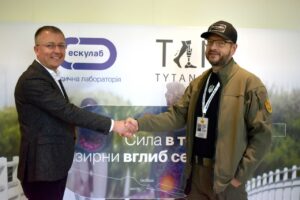
In response to the growing need for comprehensive support for wounded who have been seriously injured in the war zone, a modern rehabilitation hub is being built in Kyiv. This project was implemented thanks to the cooperation of the Center for Saving Lives, the Association of Osteo-Integrative Prosthetics and the Esculab Laboratories network.
“Our center was created to provide our military with the best possible assistance in recovering from severe injuries. We provide not only physical rehabilitation with the help of modern equipment, but also psychological support,” said Vyacheslav Zaporozhets, director of the Center for Saving Lives charitable foundation.
According to him, the project is unique in that it uses not only the most advanced technologies for physical rehabilitation, but also creates conditions for social adaptation and moral recovery of the military.
“We want every wounded soldier who has undergone amputation to be able to return to a full life,” emphasized Mr. Zaporozhets.
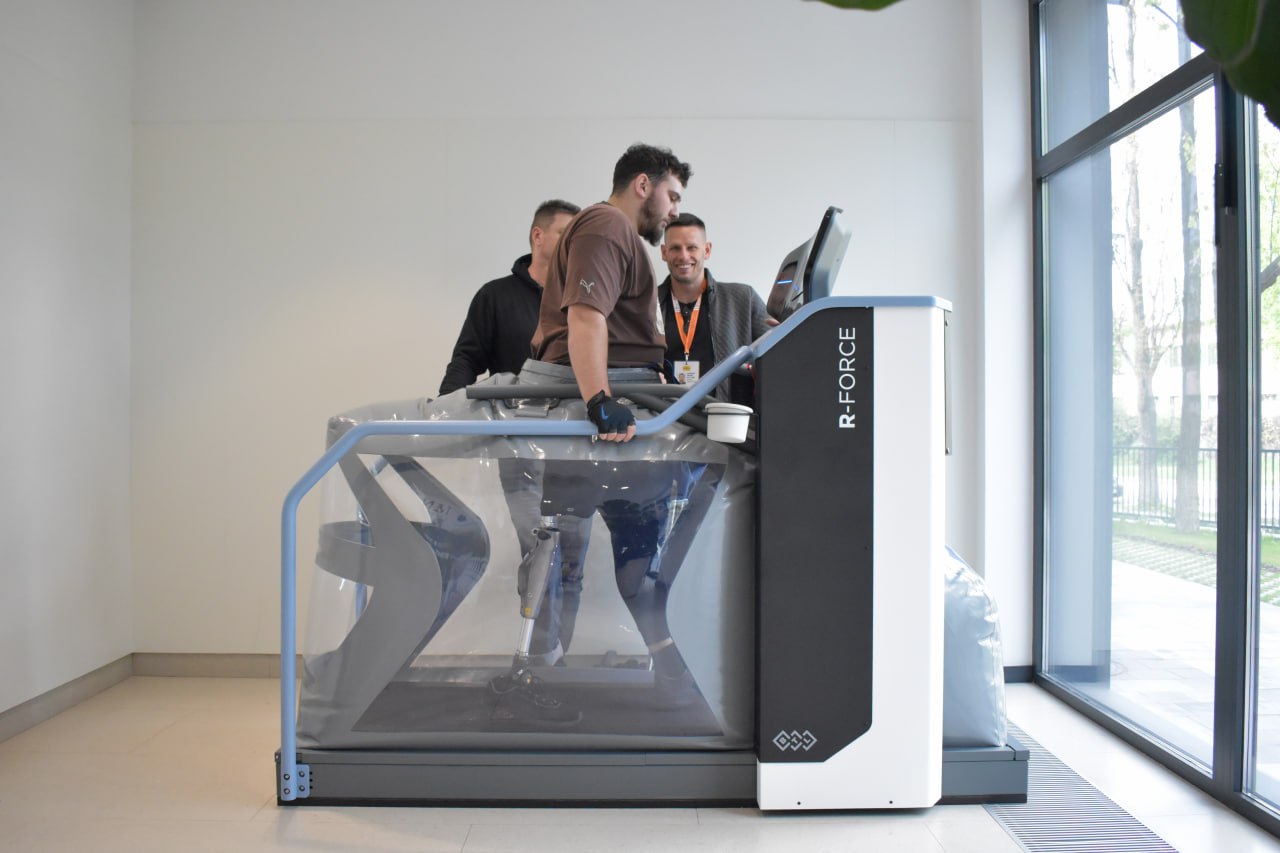
In his turn, co-founder of the Esculab laboratory, Serhiy Dyadyushko, also noted the importance of the work for the veterans’ recovery.
“The network of laboratories “Esculab” is not only about business. We are honored to be a part of this project. Our participation is not limited to financing; we are also actively involved in the process of education and training of specialists, which allows us to maintain a high level of services provided at the center,” he emphasized.
The center will be equipped to the highest standards, including anti-gravity walkways and group exercise spaces that allow patients to feel comfortable and safe during their rehabilitation.
The rehabilitation center is being built on a 500-square-meter area and includes a modern walking laboratory, a wrestling room, a cardio zone, a strength training zone, a dental office, two physiotherapy rooms, a meditation and sleep room, an occupational therapy kitchen, a mini shooting range, locker rooms and showers, etc. The center can accommodate 30 patients at a time.
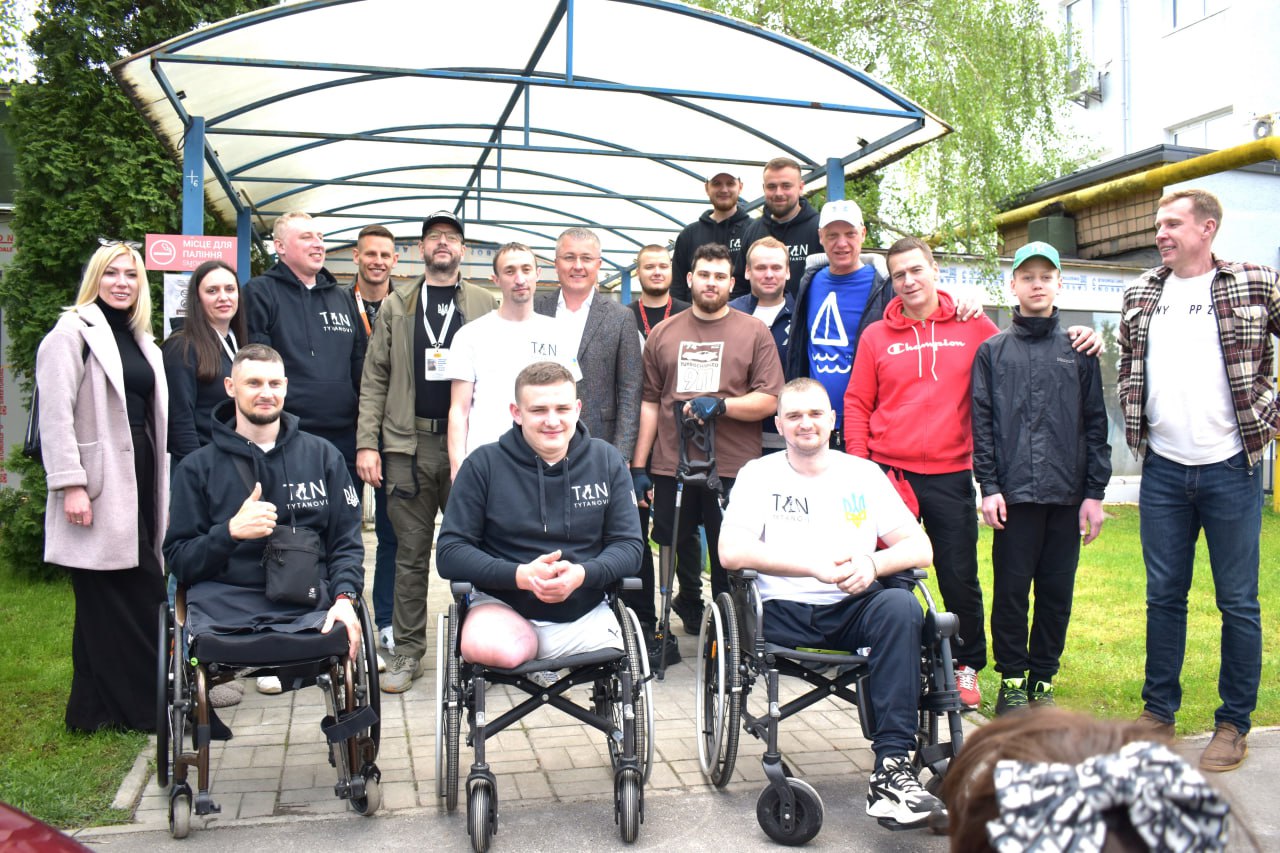
The project is part of a larger initiative aimed at creating a network of similar centers across the country to ensure access to high-quality rehabilitation services for all victims.
“Eskulab is a network of medical laboratories of international quality of diagnostic tests based in Lviv and has one of the largest networks of branches in Ukraine. The network includes more than 100 sampling points in the cities and towns of Lviv, Ivano-Frankivsk, Chernivtsi, Zakarpattia, Khmelnytsky, Ternopil, Rivne, Volyn regions and Kyiv. “Eskulab provides patients with the opportunity to take tests at their place of residence and receive highly accurate results. In February 2020, Esculab Medical Laboratory underwent a voluntary assessment of its measurement capabilities in accordance with the requirements of DSTU ISO 10012:2005 “Measurement management systems. Requirements for measurement processes and measuring equipment” to confirm technical competence and received a Certificate of Conformity of the measurement management system. Today, Esculab performs more than 820 types of laboratory tests.
You can learn more about the initiative to build a rehabilitation hub in the video on the Experts Club YouTube channel here:
Esculab, EXPERTS CLUB, MEDICAL_AID, MEDICINE, REHABILITATION, SERGIY_DYADYUSHKO, TYTANOVI, VYACHESLAV_ZAPOROZHETS